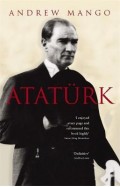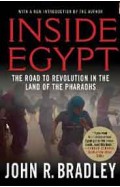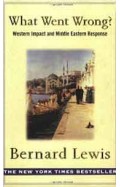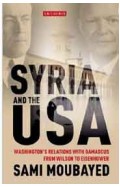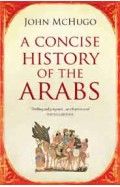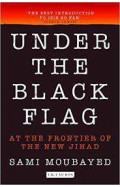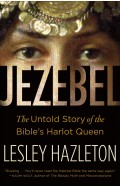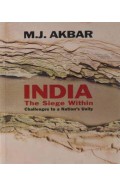Lives in Common: Arabs and Jews in Jerusalem, Jaffa and Hebron
By: Menachem Klein
-
Rs 6,895.00
Due to constant currency fluctuation, prices are subject to change with or without notice.
Lives in Common: Arabs and Jews in Jerusalem, Jaffa and Hebron
By: Menachem Klein
Rs 6,895.00 Ex Tax :Rs 6,895.00
Zubin Mehta: A Musical Journey (An Authorized Biography)
By: VOID - Bakhtiar K. Dadabhoy
Rs 840.00 Rs 1,050.00 Ex Tax :Rs 840.00
Inside Egypt The Road to Revolution in the Land of the Pharaohs
By: John R. Bradley
Rs 4,495.50 Rs 4,995.00 Ex Tax :Rs 4,495.50
What Went Wrong?: Western Impact and Middle Eastern Response
By: Bernard Lewis
Rs 2,495.00 Ex Tax :Rs 2,495.00
Syria and the USA: Washingtons Relations with Damascus from Wilson to Eisenhower
By: Sami Moubayed
Rs 1,480.00 Rs 1,850.00 Ex Tax :Rs 1,480.00
Under the Black Flag At the Frontier of the New Jihad
By: Sami Moubayed
Rs 1,276.00 Rs 1,595.00 Ex Tax :Rs 1,276.00
Jezebel The Untold Story of the Bibles Harlot Queen
By: Lesley Hazleton
Rs 3,195.00 Ex Tax :Rs 3,195.00
Eat Your Heart Out: Who Really Decided What Ends Up On Your Plate
By: Felicity Lawrence
Rs 636.00 Rs 795.00 Ex Tax :Rs 636.00
No similar books from this author available at the moment.
No recently viewed books available at the moment.
Zubin Mehta: A Musical Journey (An Authorized Biography)
By: VOID - Bakhtiar K. Dadabhoy
Rs 840.00 Rs 1,050.00 Ex Tax :Rs 840.00
Lives in Common: Arabs and Jews in Jerusalem, Jaffa and Hebron
By: Menachem Klein
Rs 6,895.00 Ex Tax :Rs 6,895.00












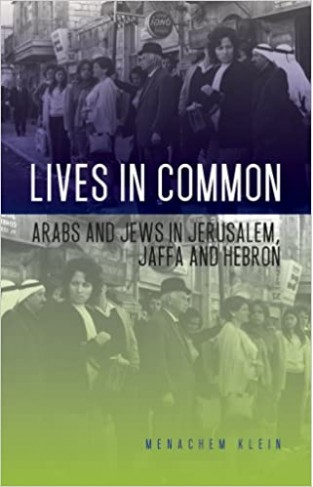
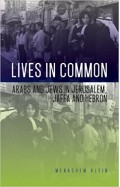
-120x187.jpg?q6)





